It is more than 30 years ago, in the meantime, and still one is writing about it like it happened yesterday: the 74 days during Argentinian occupation of the Falkland Islands. This time the pen is handled by an American intendancy officer, who after 30 years was allowed to look in the archives, which before had remained closed. From those archives it appeared, a bit too terse, how near the edge it has been for the British! At the same time, it seemed that for really till the bone down motivated and ‘battle hardened troopers’ (North Ireland, etc. etc.), literally the impossible seemed achievable. Privatsky himself has served as a foot-soldier in Vietnam and is therefore able to judge battle situations well. In his later carrier he specializes in military logistics. Through his logistic glasses this report of a bizarre, but also a lot of victims making battle, on an almost uninhabited outpost of our globe, is written
The logistical problems play a lead role in this book, therefore it will mainly interest its professional comrades. But for Falkland adepts, to which I count myself, it is also a very accurate report about the course of ‘The Conflict’, like the British call it. The book gives a good insight in the decision process, at the Argentinian as well as at the British side, which lead to the armed battle of these islands. What interested me most is how the British came to it to decide, almost overnight, to begin a war and also, within 48 hours (promised by the British Navy) actually sailed out. Honour to the one who deserves the honour. Thatcher really is an Iron Lady. First she was the only one of the then seated government who believed ‘her’ Admiral when he made the 48 hours promise during a cabinet meeting where he, entered, uninvited, in uniform. Thatcher decided right there and then. The result is known and the Falklands honour her, undoubtedly, till the far future, as the ‘mother of the nation’.
That planes and helicopters were a decisive influence for the battle on the ground for the Argentinian as well as for the British, is extensively set out. For the support of the battle but also for the provisioning of the thousands of soldiers who on both sides were widely spread deployed.
The ‘near the edge’ factor consisted of the fact that the Argentinian pilots mainly attacked guided war ships and let the trooper transport- and provisions ships undisturbed, For the record, against their instructions! If they had made different choices there, than the landing at San Carlos would have been pulled off. The British didn’t manage to gain air authority in this phase of the battle. What I found also particularly interesting was the American “Ordnung Muss Sein- vision” of Privatsky on the often almost total chaos on the battlefield. He describes surrealistic conditions and verifies than full of admiration that the British again and again manage to ‘get the leak up’.
Also viewed through the pilot goggles, this is a fascinating book that does justice to the performances of both camps. Till the day of the capitulation, the Argentinian C-130’s saw chance to – of course in the pitch black darkness – land at Stanley and take-off again with wounded. The first British Hercules didn’t land until two weeks after the surrender on the then re-established Stanley Airport. A book that is reviewed earlier is called the ‘Harrier across the Falklands’ and the combination of both books gives, obviously, a broad, interesting and subtle picture of the events that took place.

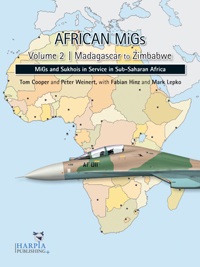

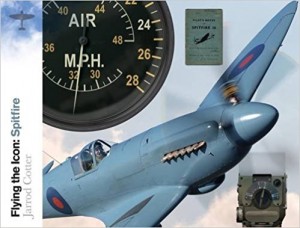

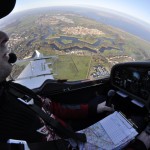
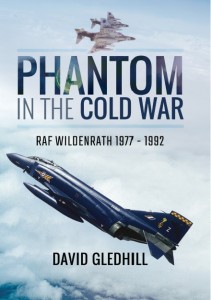
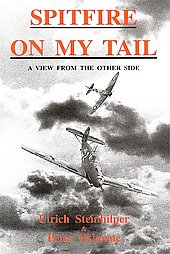
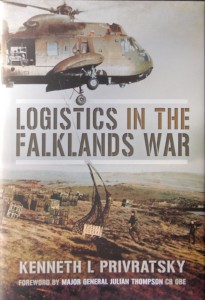



Leave a Reply